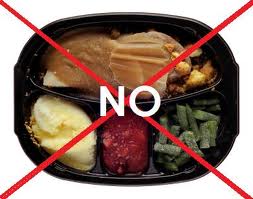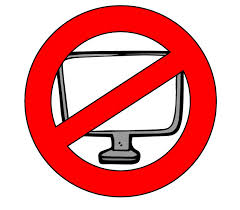Several Tips for Getting Quality Sleep
| Average Sleep Needs by Age | |
| Newborn to 2 months old |
12 – 18 hrs |
| 3 months to 1 year old |
14 – 15 hrs |
| 1 to 3 years old |
12 – 14 hrs |
| 3 to 5 years old | 11 – 13 hrs |
| 5 to 12 years old |
10 – 11 hrs |
| 12 to 18 years old |
8.5 – 10 hrs |
| Adults (18+) | 7.5 – 9 hrs |
The chart above shows that a normal adult needs 7.5-9 hours’ sleep per day. Are you
getting that sleep?
It is well-known that people spend 1/3 of their time on sleeping every day. The
quality of our sleeping has a huge impact on our life. If you don’t get sufficient
sleep, you will find yourself waking up tired in the morning. (By quality
sleep, we mean deep sleep, which is a time during when the body repairs itself
and builds up energy for the day ahead. It plays a major role in maintaining
your health, stimulating body growth and development, repairing muscles and
tissues, and boosting your immune system)
In order to wake up refreshed, getting quality deep sleep is essential. Then what
do you need to do?
Choose comfortable bedding linens
Sleeping on healthy and comfortable bed linens is of great importance to people’s sleep.
In particular, silk bedding sheets are recommended by dermatologists and sleeping
experts due to the fact that silk is naturally hypoallergenic, antibacterial
and smooth. If you are suffering from insomnia at the moment, the softness and
comfort of silk bedding sheets help to ease insomnia, to some extent. If you
often find yourself waking up with a sore back or aching neck, you may need to
get a new mattress or try a different pillowcase.


Do exercise properly during the daytime
Exercise can help you fall asleep faster and sleep more soundly. Exercise stimulates the
body to secrete the stress hormone cortisol, which helps activate the alerting
mechanism in the brain. Try to finish exercising at least three hours before
bed or work out earlier in the day.

Avoid big meals at night
The more you eat, the more digestion the body needs. Discomfort from indigestion makes it hard to fall asleep. This is why you should try to make dinnertime earlier, and avoid heavy, rich foods within two hours of bed.

Do not drink too much liquids before going to bed
Drinking lots of water, juice, tea, or other fluids may result in frequent bathroom
trips throughout the night, which is not helping in getting quality sleep.
Listen to recorded books
Some people will fall asleep sooner when they are listening to recorded books and radio
or broadcast, you can try it if none of sleeping tips above work for you.
Skip the nap in the afternoon if you have trouble falling asleep
Struggling to fall sleep just leads to frustration. If you’re not asleep after 30 minutes,
get out of bed to do something relaxing, like reading or listening to music
until you are tired enough to sleep.
Turn off TVs, computers an hour before sleep.
Recent research shows that bright light too late at night can confuse the brain into
thinking it is 2pm when it is 2am. Even if sleep occurs, it will not be as
deep, and therefore less restorative. As a consequence, stay away from those
electronic companions for your own sake.

Get Help from the Experts
If none of the above advice are helpful to you, go to a real doctor, find out the
issues that caused your insomnia and get necessary treatment as required.

Other suggestions include:
Take a warm bath for physical relaxation
Listen to light music to relax your brain
Stay away from Caffeine


I have suggested many solutions of getting good sleep in this article, but it is
up to you to find the solution that is most suitable for you. More advice about
sleep is coming up.
